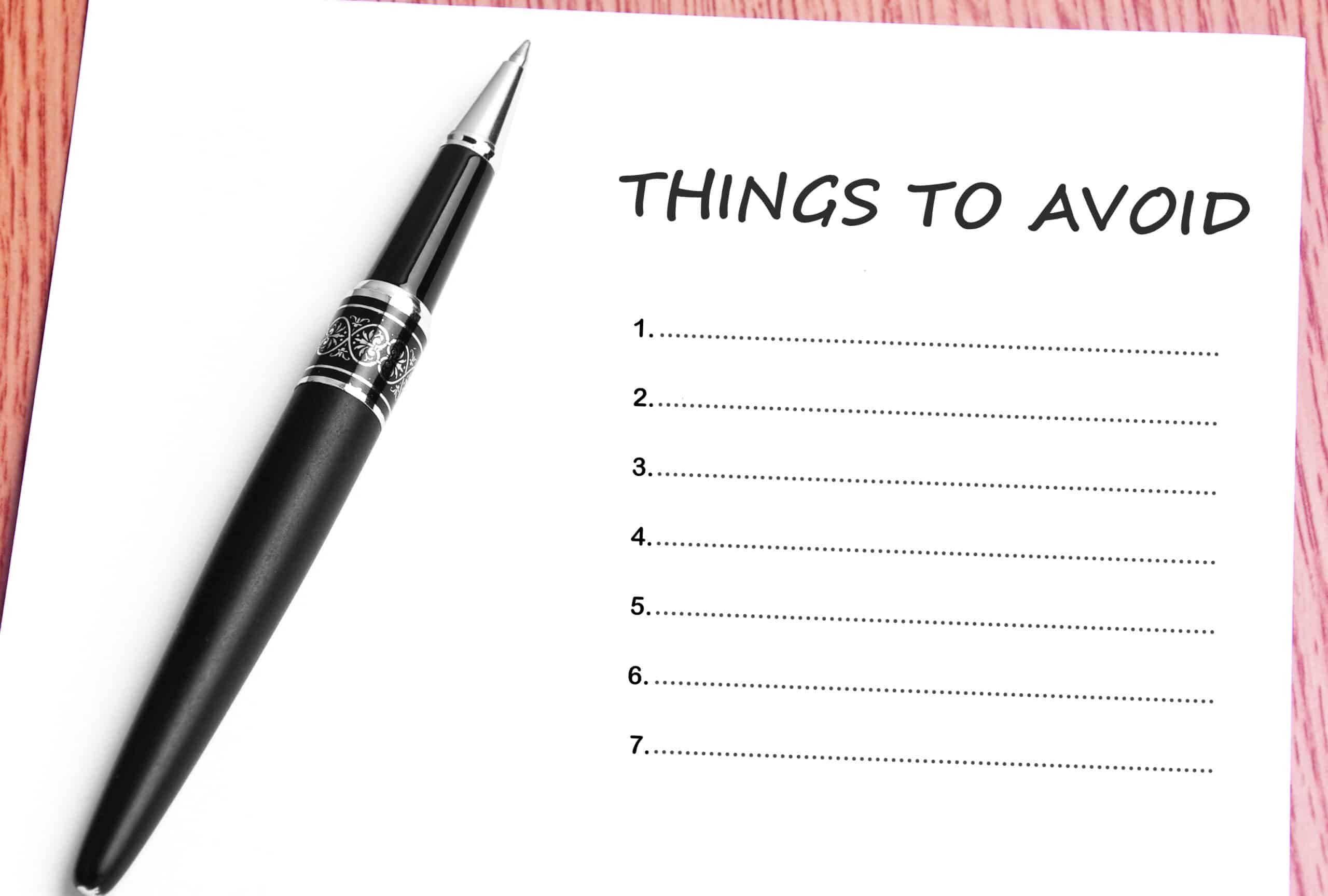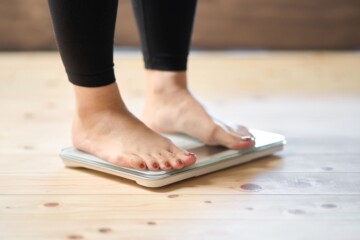When you’re trying to conceive, you turn to infertility advice from experts to boost your chances. With knowledge comes empowerment and choice. But advice often focuses on things you need to do. So here we are focusing on the things you need to avoid — which are just as important.
Things to avoid when trying to conceive
1. Smoking
If you smoke and you’re trying for a baby, quitting is vital. Smoking affects fertility in both men and women. But the good news is that if you stop smoking right now it’ll improve your chances of conceiving. Take a look at how smoking affects fertility:
- Your chances of having a miscarriage increase because smoking causes changes in your cervix and fallopian tubes.
- Your chances of conceiving drop significantly if you smoke more than ten cigarettes a day.
- You can make fewer eggs as smoking damages your ovaries.
- Your chances of having an ectopic pregnancy increase.
- Your chances of successful IVF go down.
- Smoking can lower sperm count and cause them to swim more slowly.
2. Excessive caffeine intake
Consuming too much caffeine in food and drink when you’re trying to conceive (this applies to men and women) can increase your risk of miscarriage. And too much caffeine in pregnancy can be harmful to the baby. But don’t worry if you love your tea, coffee and chocolate, it’s all about reducing your caffeine intake, not banning it. The NHS recommends 200mg of caffeine a day for men and women. If you don’t know what that looks like, check your intake on this handy caffeine calculator created by the charity Tommy’s.
3. Strenuous exercise
It’s important to exercise regularly in moderation. In fact, moderate exercise can help you to conceive more quickly. But what you want to avoid is over-exercising. Regular, high-intensity workouts can mean that you could take longer to conceive. This is possibly because strenuous exercise can lead to losing too much weight, which can cause a hormonal imbalance, leading to irregular periods or periods which stop entirely.
4. Alcohol
Drinking any amount of alcohol can make it more difficult to conceive. The NHS recommends that you avoid alcohol completely when trying to conceive. But if you want to drink, then drink just once (or maximum twice) a week, drinking no more than one or two units at a time. Drinking alcohol before pregnancy doesn’t just reduce your chance of getting pregnant. It can also heighten the risk of your baby being born early or at a lower than ideal birth weight. And once you’re pregnant, no amount of alcohol is considered safe in the womb. For more information, check our blog post: how alcohol affects fertility.
5. Stress
Studies on the impact that stress has on trying to conceive are mixed and in the main, seem to find no strong correlation. But — stress can encourage unhealthy behaviours which do decrease fertility. For example, stress can cause you to:
- Eat unhealthy ‘comfort’ foods
- Stop exercising or exercising too much
- Smoke
- Have trouble sleeping
- Drink alcohol
- Have a low libido
- Drink more caffeine (especially if you’re suffering from lack of sleep)
6. Weight loss or weight gain
It seems a lot to consider when you’re trying to conceive — but your weight needs to be just right, ideally. Weighing too much or too little can lower your chances of conceiving as they can cause hormonal imbalances which lead to irregular periods. If you don’t have your period for one month, you won’t ovulate, so you can’t make a baby that month. Experts suggest that if you’re trying to get pregnant then you need to aim for a body mass index (BMI) between 18.5 and 27.
7. Foods to avoid when trying to conceive
Ultra-processed carbs
Ultra-processed carbs — including foods with a high glycemic index (GI) — have been linked to reduced fertility in some people. This link appears stronger when the diet is also low in fibre and high in added sugar. But this doesn’t mean that you avoid carbs altogether (as is popular). The key takeaway here is that eating slightly fewer carbs may help your efforts to conceive, not no-carb or low-carb.
Aim for low GI foods such as wholegrains and loads of veggies (the delicious Mediterranean diet is a good source of low GI foods). And high GI foods won’t automatically reduce your fertility — the high GI foods which are packed full of sugar and lack any fibre are the ones to avoid (like processed, packaged snack foods). So as well as including low GI foods in your diet, ensure they are also full of fibre. For example, consider replacing carbs like white bread and pasta with fibrous wholegrain versions.
To Summarise
There’s so much information and advice out there, but the general message is that by exercising moderately, eating healthy and avoiding unhealthy vices like smoking and too much alcohol and caffeine, you’ll give yourself the best chance of conceiving. However, eating the ideal diet for your fertility with all the right nutrients isn’t practical in a busy world. This is where Impryl comes in to help you with a unique formulation containing activated micro-nutrients, supporting the body’s natural metabolism to help increase the chances of pregnancy.
References
Chavarro, J.E. et al. A prospective study of dairy foods intake and anovulatory infertility. Human Reproduction, Volume 22, Issue 5, 1 May 2007, Pages 1340–1347.
Evenson, Kelly, R. PhD, MS and Hesketh, Kathryn R. PhD, MSc. Studying the Complex Relationships Between Physical Activity and Infertility. Am J Lifestyle Med. 2016 Jul-Aug; 10(4): 232–234.
Weng, Xiaoping. Maternal caffeine consumption during pregnancy and the risk of miscarriage: a prospective cohort study. Research Obstetrics| Volume 198, Issue 3, March 2008.








